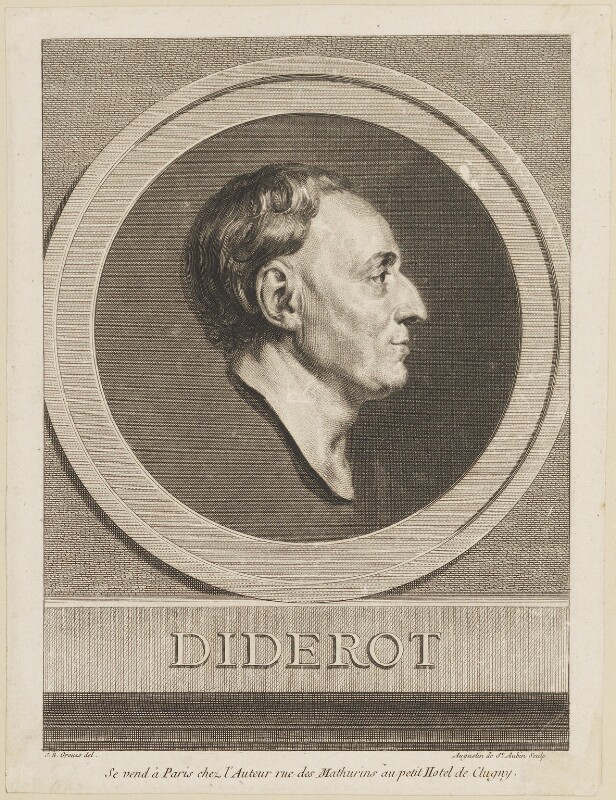Liberty Matters
Dropping Postrevolutionary Categories
 On radicalism, I'm happy to compromise with Hank and would settle for a moratorium. Ten years? I'd even go as low as five, if we could only get Jonathan Israel on board...
On radicalism, I'm happy to compromise with Hank and would settle for a moratorium. Ten years? I'd even go as low as five, if we could only get Jonathan Israel on board...More seriously, Hank's thoughtful response highlights one of the issues I was trying to get at, namely, how difficult it is for us to think about old-regime politics without framing our arguments in terms of a Left/Right opposition. To be sure, this opposition was not born ex nihilo in 1789, and one could trace genealogies of liberal, "progressive" thought (loosely speaking, the Left) and of traditional, "conservative" thought (loosely speaking, the Right). But I would reiterate that doing so flattens and can even distort pre-revolutionary political ideas. When we sigh in disappointment at Diderot's apparent lack of nerve at the end of "Autorité politique," we are judging him by a different framework than his own. Diderot simply did not think it was a good idea to empower the people with revolutionary agency. He made this argument explicitly in the Supplément au voyage de Bougainville, which remained unpublished during his lifetime and thus did not need to pass a censor's review:
We must speak out against senseless laws until they're reformed and, in the meanwhile, abide by them. Anyone who on the strength of his own personal authority violates a bad law theby authorises everyone else to violate the good. Less harm is suffered in being mad among madmen than in being wise on one's own.[87]
One might be tempted to view this statement as a kind of proto-Burkean conservatism, but that would be an anachronistic and oversimplified reading of Diderot's position. Despite superficial resemblances, his argument here is neither conservative, nor progressive, in any post-1789 sense. It draws instead from a kind of historical prudence, and a memory of the French wars of religion. It was after all these wars (and Henri IV's actions) that provide the context for Diderot's final argument, in "Political Authority," that by "resisting … men have never corrected princes or abolished taxes…. [T]hey have merely added a new measure of misery to the misfortunes they were already lamenting."[88] From a quasi-utilitarian perspective, Diderot rejects resistance as ineffective and ultimately counterproductive.
By urging us to set aside our postrevolutionary categories, I do not mean to press for relativism. We should not limit ourselves to judging the past by its own standards. But with respect to political thought, our own standards can seem rather narrow. We may have a more limited political imagination today than before the French Revolution. We have difficulty conceiving of politics that mixes views that we would now identify as Left or Right. My suggestion to ban radicalism as an analytical category was meant to go in this sense — if we hope to gain a fuller understanding of old-regime political thought, a good place to start is by dropping postrevolutionary categories.
Endnotes
[87.] "Supplément au voyage de Bougainville," in Diderot, Political Writings, ed. and trans. John Hope Mason and Robert Wolker (Cambridge: Cambridge University Press, 1992), 74.
[88.] Diderot, "Political Authority," in Encyclopedic Liberty: Political Articles in the Dictionary of Diderot and d'Alembert, ed. and trans. Henry C. Clark and Christine Dunn Henderson (Indianapolis, IN: Liberty Fund, 2016), 20.
Copyright and Fair Use Statement
“Liberty Matters” is the copyright of Liberty Fund, Inc. This material is put on line to further the educational goals of Liberty Fund, Inc. These essays and responses may be quoted and otherwise used under “fair use” provisions for educational and academic purposes. To reprint these essays in course booklets requires the prior permission of Liberty Fund, Inc. Please contact oll@libertyfund.org if you have any questions.